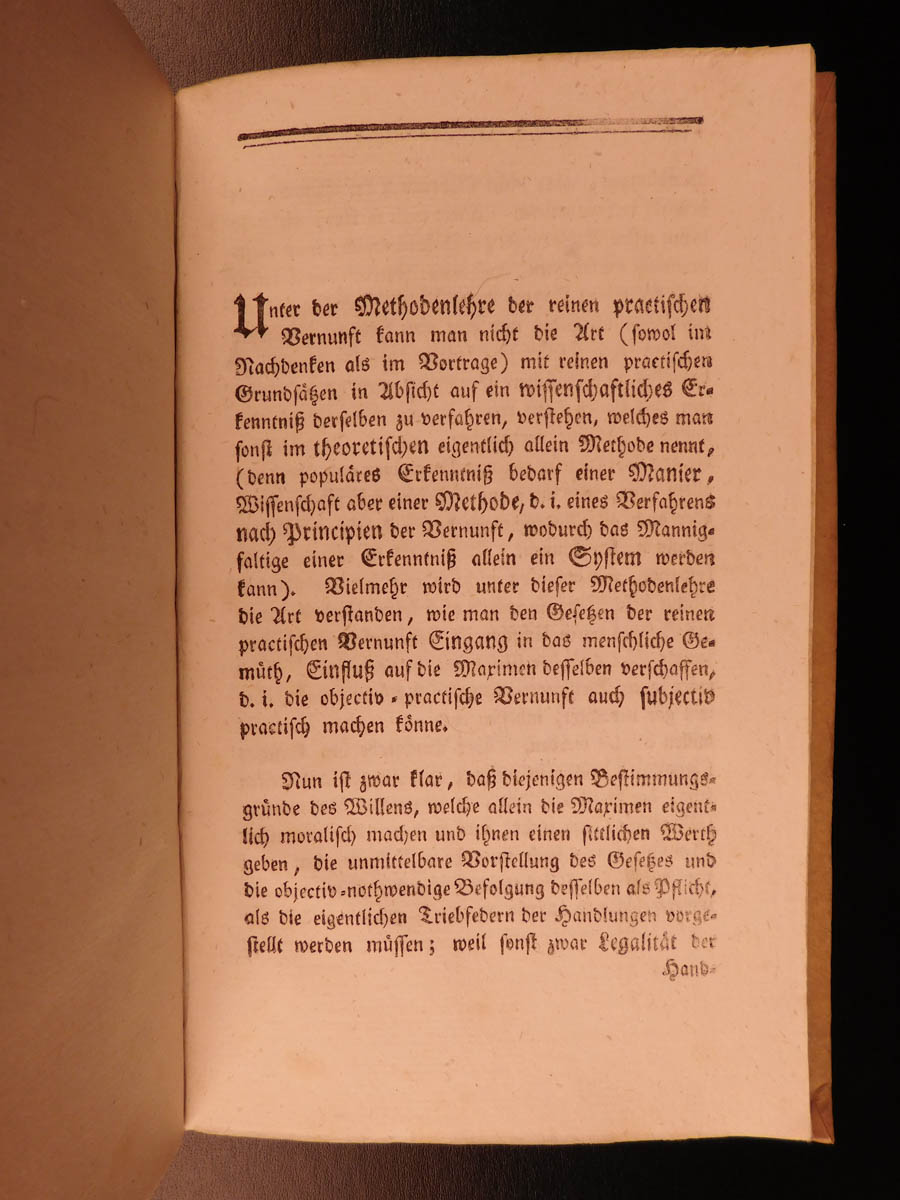
The first, the pre-critical period, extends from 1747 to 1781, the date of the epoch-making "Kritik der reinen Vernunft" the second, the critical period, extends from 1781 to 1794.

It is usual to distinguish two periods of Kant's literary activity. In 1770 he was appointed professor of philosophy, a position which he held until 1797. From 1755 to 1770 he was Privatdozent (unsalaried professor) at the University of Königsberg. In 1755 he returned to Königsberg, and there he spent the remainder of his life. After the death of his father in 1746 he spent nine years as tutor in various families. From his sixteenth to his twenty-first year, he studied at the university of his native city, having for his teacher Martin Knutzen, under whom he acquired a knowledge of the philosophy of Wolff and of Newton's physics. Immanuel Kant was born at Königsberg in East Prussia, 22 April, 1724 died there, 12 February, 1804.

Kant's philosophy is generally designated as a system of transcendental criticism tending towards Agnosticism in theology, and favouring the view that Christianity is a non-dogmatic religion. Includes the Catholic Encyclopedia, Church Fathers, Summa, Bible and more all for only $19.99.

Please help support the mission of New Advent and get the full contents of this website as an instant download.


 0 kommentar(er)
0 kommentar(er)
